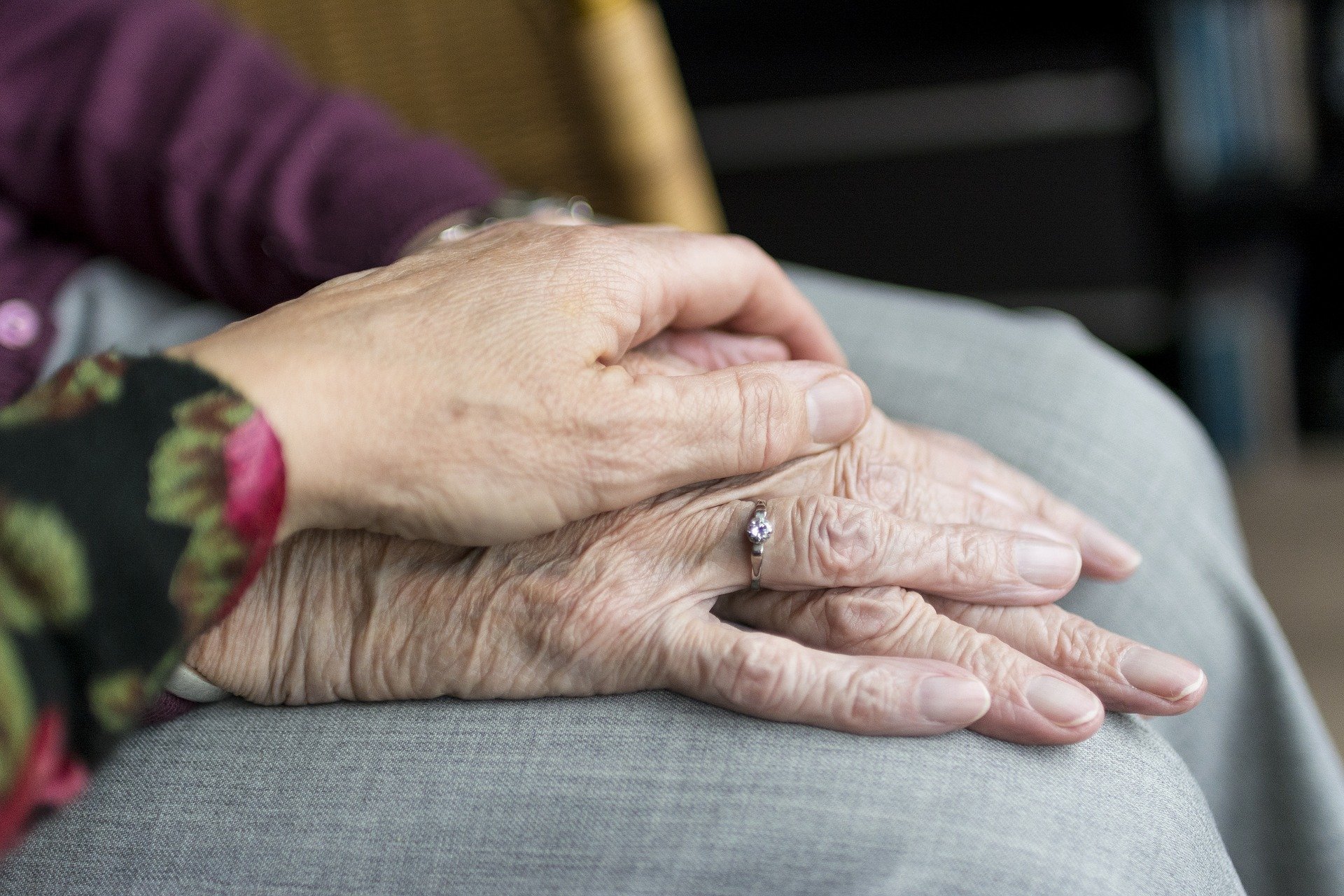Understanding and Caring for Alzheimer’s Patients at End of Life (CNE)
This class will describe the most common forms of dementia. It will explain how to use the FAST scale to assess when they would qualify for hospice care. You will also learn methods and techniques to help effectively care for Alzheimer’s patients at end of life. After registering here (12:00-1:00pm or 2:00-3:00pm) you will be...
